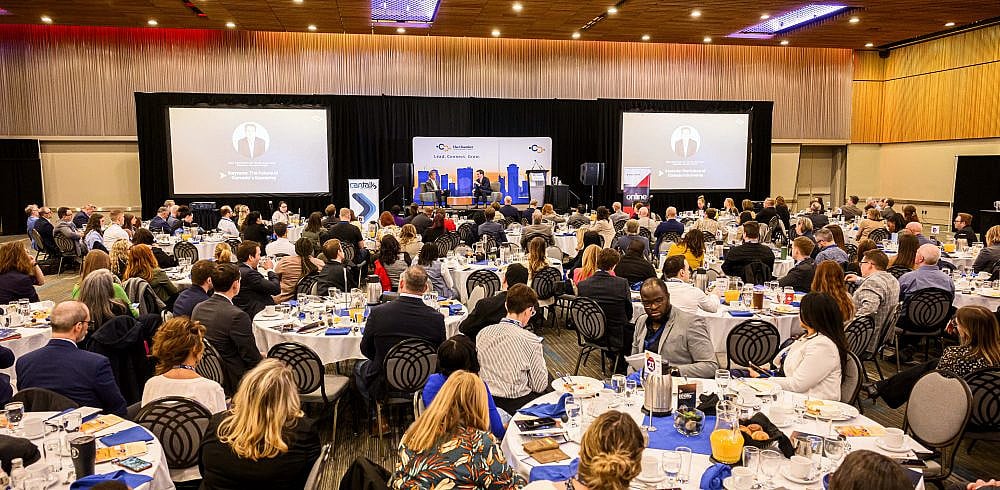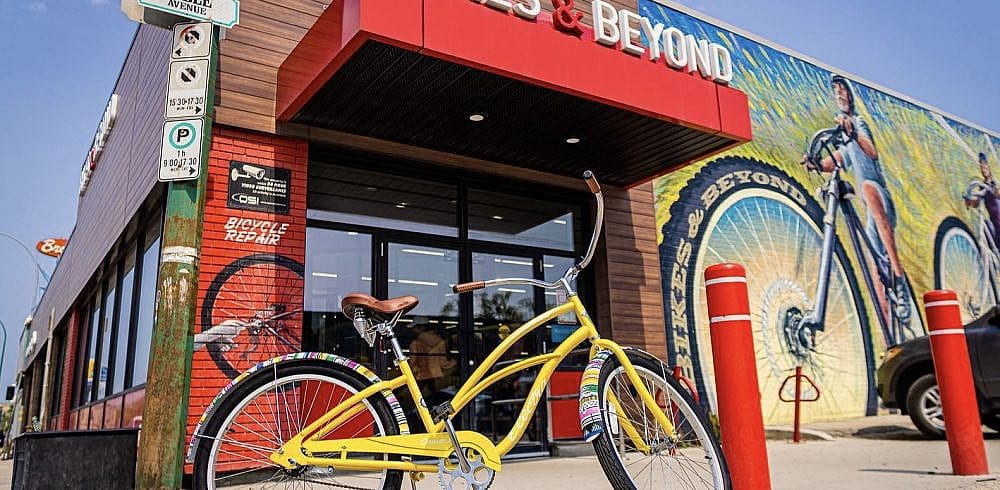On December 11, the City of Winnipeg released its 2025 preliminary budget, part of the 2024-2027 multi-year financial plan.
Leading up to the public release of the preliminary budget, The Chamber had been pressing civic officials on three key priorities:
- A clear plan to address the immediate and longer-term financial crisis, including plans for replenishment of the Fiscal Stabilization Reserve (FSR).
- Economic investments to signal our city remains an open and attractive place for business investment and growth. High on our agenda were investments in roads and water/sewage capacity; enhancements to permitting capacity, processes and technology; and, avoidance of increases to the business tax and fee burden.
- Measures to tackle crime and promote safety, cultivating a greater sense of security for businesses, their employees and clients.
The 2025 preliminary budget delivered on a number of these priorities, as well as others that align with The Chamber’s Performance Playbook: 2022 Civic Election.
Highlights of the 2025 preliminary budget
- 5.95% residential property tax increase (2% dedicated to local and regional roads, 1.5% for core operations, 2.45% for public safety investments and financial risks)
- Frontage levy maintained at $6.95/foot
- Business tax rate frozen at 4.84%, tax credit threshold maintained at $47,500
- North End Water Pollution Control Centre funding from the City
- $169.3 million for road repairs, active transportation and road safety projects
- Increase of 10 FTEs to improve permitting department performance, as well as $2.2 million for Phase 2 of the digital permitting system
- Increase of 36 new policer officers, 15 Community Safety Team members, 24 new fire fighters
- Increased funding for Special Event Marketing Fund
Concerns, Challenges, and What Happens Now
The announcement of a CFO-led Continuous Improvement Process is indeed welcomed, as is the addition of funding to address the recent Workforce Audit Report findings of inadequate performance measurement of the civil service.
A continuing concern is the Fiscal Stabilization Reserve. City policy requires a FSR balance equal to 6% of the city’s operating budget (approximately $1.4 billion); however, at present the FSR balance stands at $16 million and expected to be fully depleted by December 31. It is essential that in tackling today’s challenges, the city double down in its efforts to create financial reserves to prepare for the next crisis – a question of when, not if.
Further, the question mark surrounding water and sewer rates for 2025 continues to create uncertainty and anxiety. We continue to press the City to move quickly to create stability and predictability, especially for large water usage industries, while recognizing the need for a balanced approached.
“Winnipeg’s economic health hinges on the budget sending a clear message that our city is turning the tide in its financial crisis while staying open for business and investment,” said Loren Remillard, President and CEO, The Winnipeg Chamber of Commerce. “Supporting a healthy and dynamic business community is what enables the city to generate the revenue necessary for essential services and infrastructure. It’s a critical balance, and we’ll continue advocating for policies that sustain and grow our business community, and a thriving, prosperous Winnipeg.”
Learn More and Get Involved!
Have questions about the budget or share your thoughts? Contact Gwen Black, Policy & Government Relations Manager, at [email protected].




